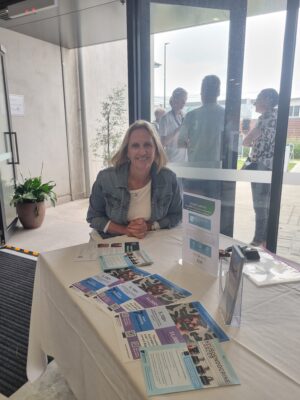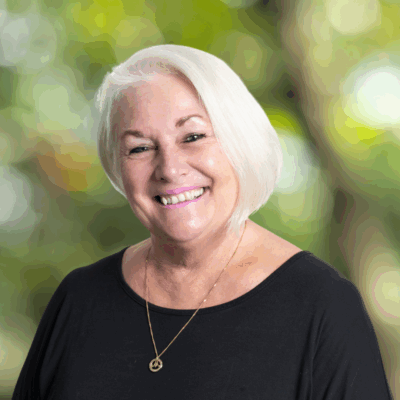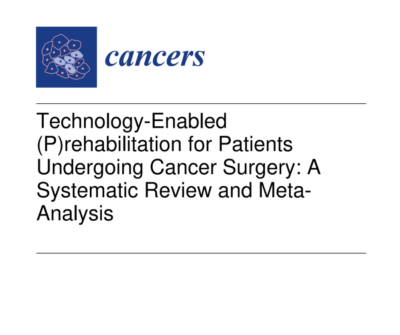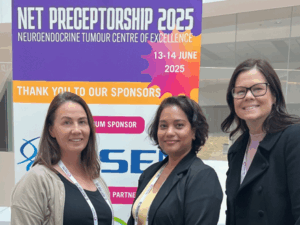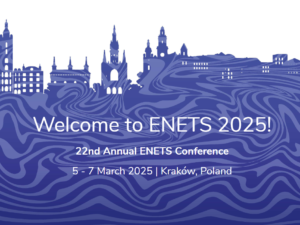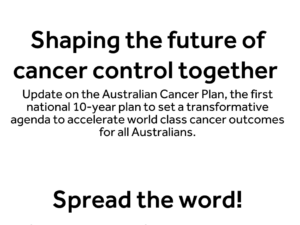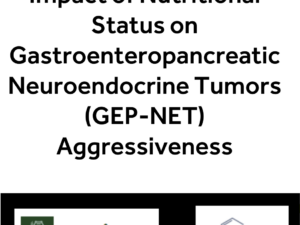Perth CNSA Conference and Support Group Report – Net Nurse Dale Long
Thank you for the opportunity to attend this Conference on behalf of the Unicorn Foundation to present 2 posters.
Poster 1 – Neuroendocrine (NET) Australian and New Zealand patient experience: results from the first global NET patient survey – collaboration between the International Neuroendocrine Cancer Alliance (INCA) and Novartis
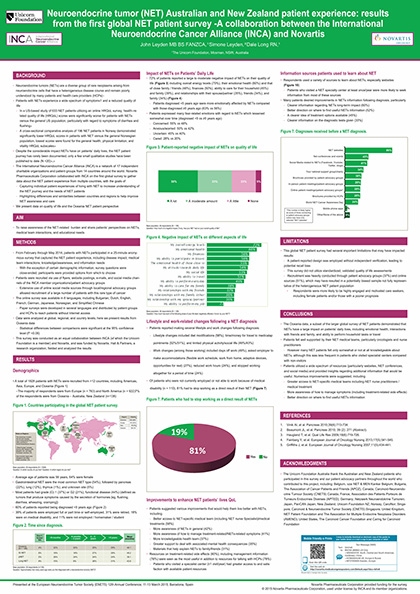
Poster 2 – Neuroendocrine (NET) Support Nurse – Providing support to geographically dispersed patients affected by neuroendocrine cancer. This poster provided the results of a patient satisfaction survey from patients using the telephone / social media / internet support service.
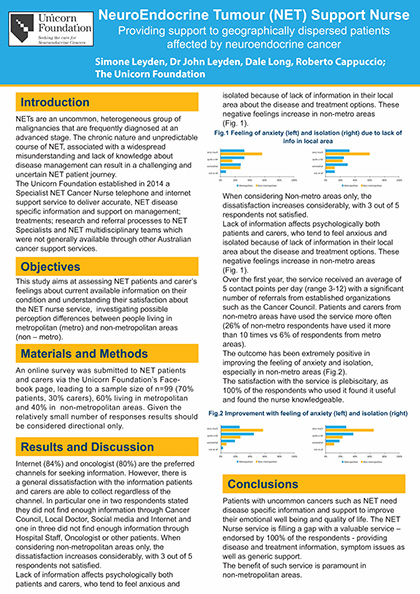
Both posters generated interest and discussion on the difficulties experienced by patients living in metropolitan, regional and rural areas when diagnosed with this uncommon cancer because of lack of knowledge of the disease, symptoms of associated syndromes and access to treatments.
I attended a pre-conference all day communication workshop presented by Prof Lesley Fallowfield. This workshop was very practical, interactive and promoted active participation in the techniques used in identifying, monitoring and dealing with patient distress. This was particularly useful as many NET patients who have accessed the support service do so because of distress at many episodes of misdiagnosis, management and very poor communication, and a lack of appropriate support in their treatment centers and local health communities.
Highlights of the conference for me were
Day 1
• Plenary session 1 on “Cancer nursing opportunities beyond the bedside” looking at the opportunity for provision of care beyond the traditional clinical “hands on” bedside role to innovative roles to provide personalized quality advanced care.
• Plenary session 2 on Symptom awareness and help-seeking in rural Australia. This revolved around often later presentation of health issues to the health system because of stoicism and optimism often found in country people, and therefore delayed diagnosis, and the benefits of public symptom awareness campaigns and increased awareness in general practice to promote earlier recognition and identification of patients’ cancer issues. This is particularly relevant to NET patients.
• A concurrent session on provision of psychosocial support to regional patients and carers staying in Perth by the Cancer Council Western Australia. It discussed the particular challenges to patients from regional/ remote locations who have to travel away from home / family for cancer treatment and the need for a role for screening and referral to services for appropriate psychosocial support.
• Improving patient experience across multiple sites and disciplines from a project to develop an electronic tool to assist continuity of care for remote patients in North Queensland needing treatment in multiple sites.
Day 2
• Plenary session 4 “Expanding the role of Advanced Practice Nurses, the legal and professional perspectives…this predominately concerned the lack of consistent requirement for continuing education, registration and practice guidelines for advanced practice nurses in Britain. Not as well organized as in Australia and promoted much discussion and debate.
• A concurrent session on nurse-led review clinics having a positive impact on patient care. This was interesting as in some ways it is similar to the support we provide in accessible contact for treatment / disease related information, particularly for patients having treatment away from home where it is likely that no one in their local area health network will have knowledge of the specific issues related to this little known treatment for NETs.
On the down side there was a disproportionately large component of common cancer related topics and the topics of chemotherapy and central line issues did not add any relevant information in the area of NETs and other rare cancers.
One of the main benefits of the conference was the networking and opportunity to talk to other nurses about NETs and the issues faced by NETs patients. There was very considerable interest in this topic, and most of my breaks were taken up with professional discussion. There were also opportunities to consolidate supportive relationships with reps from companies concerned with products and procedures used by NET patients. Some outcomes from this are the provision of a resource text book on NETs for information on Respiratory NETs and the supplying of patient resource material (hard copy and electronic) on liver interventions. I have already had need of this information for a patient within one day of returning home from the conference.
On Wednesday I visited Fiona Stanley Hospital and met with Prof Harvey Turner and some of the Imaging and Nuclear Medicine staff involved in investigating, monitoring and treating patients with NETs. The meetings were productive and supportive and ended with an agreement to give Unicorn Foundation brochures to all NETs patients attending the center for scans or treatment.
The Perth visit culminated in the first Unicorn Foundation support group meeting in West Australia. We held it at the Cancer Council WA meeting rooms and were supported on the night by a group facilitator. Eight patients attended, most with partners or support persons. The patients were at various stages of the disease from one who was post diagnosis but prior to any treatment, a “watch and wait”, through to a patient with experience of many years of living with the disease and treatments, and two patients who were not well managed and unwell. These patients were encouraged to seek review and followed up to ensure adequate medical follow up has been organized.
We thank Wayne Godfrey and Melissa Hui Cheng who are willing to work together to run the support group from here on and that they will use the facilities of the Cancer Council, thanks to Paul Katris. There is always potential for increasing numbers of the group if the Fiona Stanley Hospital will advise patients presenting for scans about the support group and Prof Turner’s ongoing support for it.
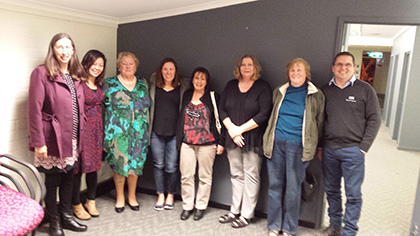
Thank you for the opportunity of participation.

